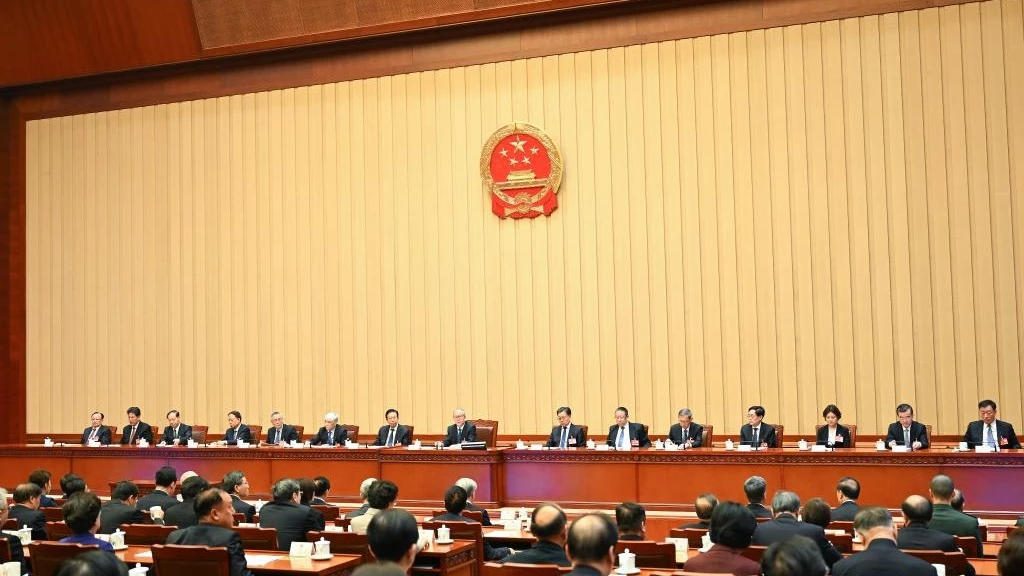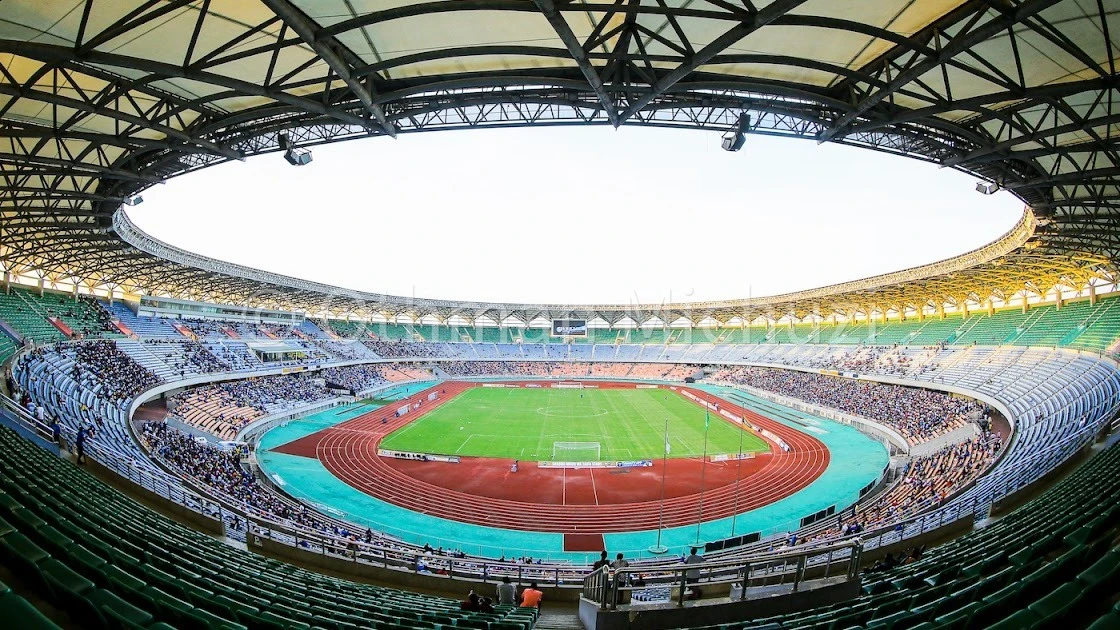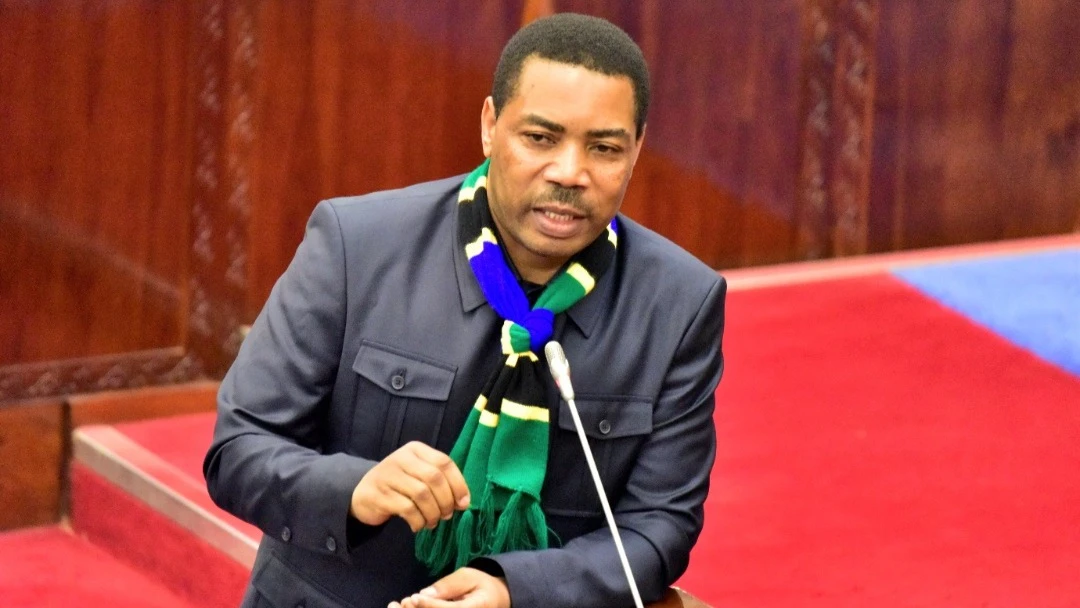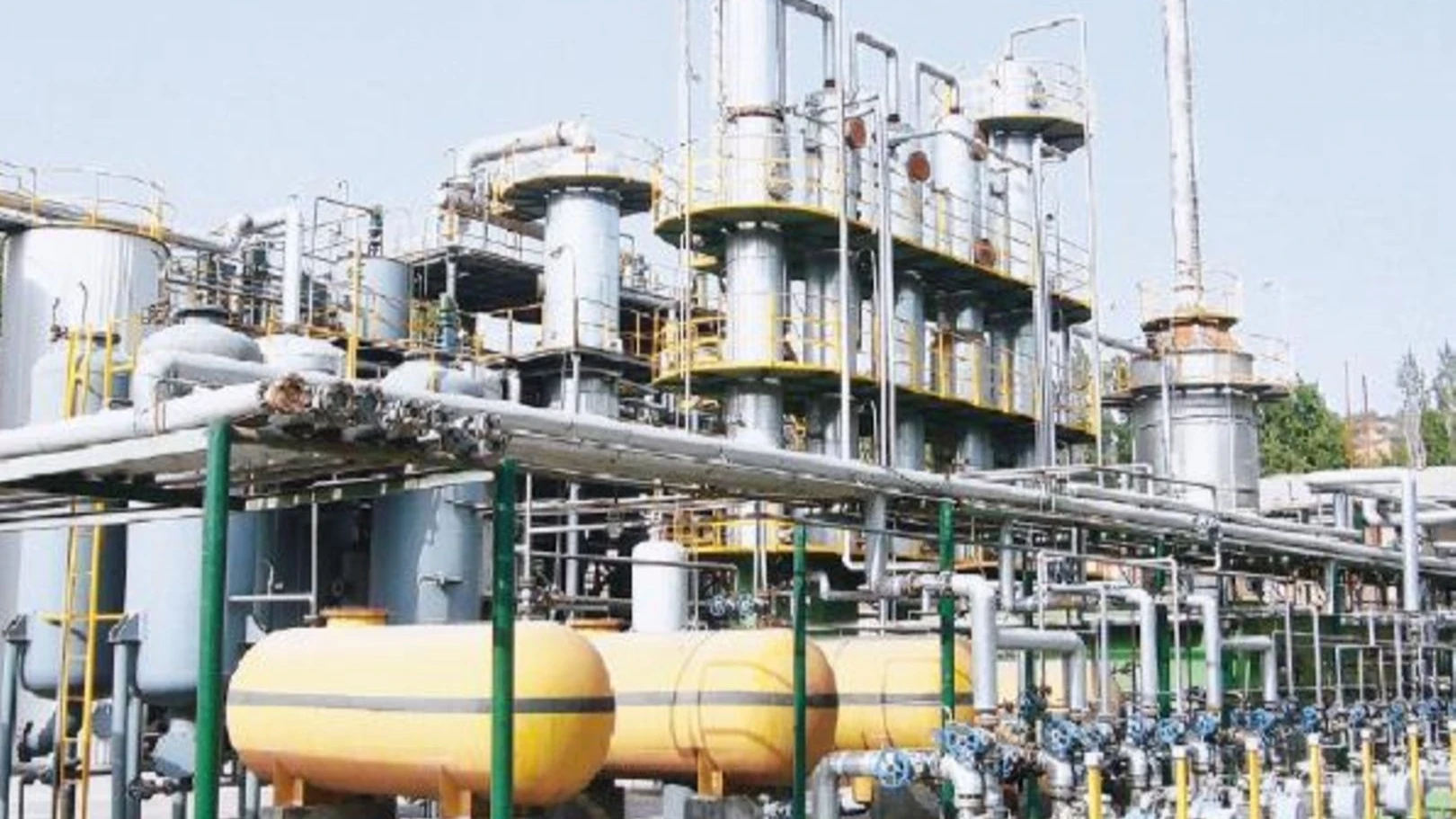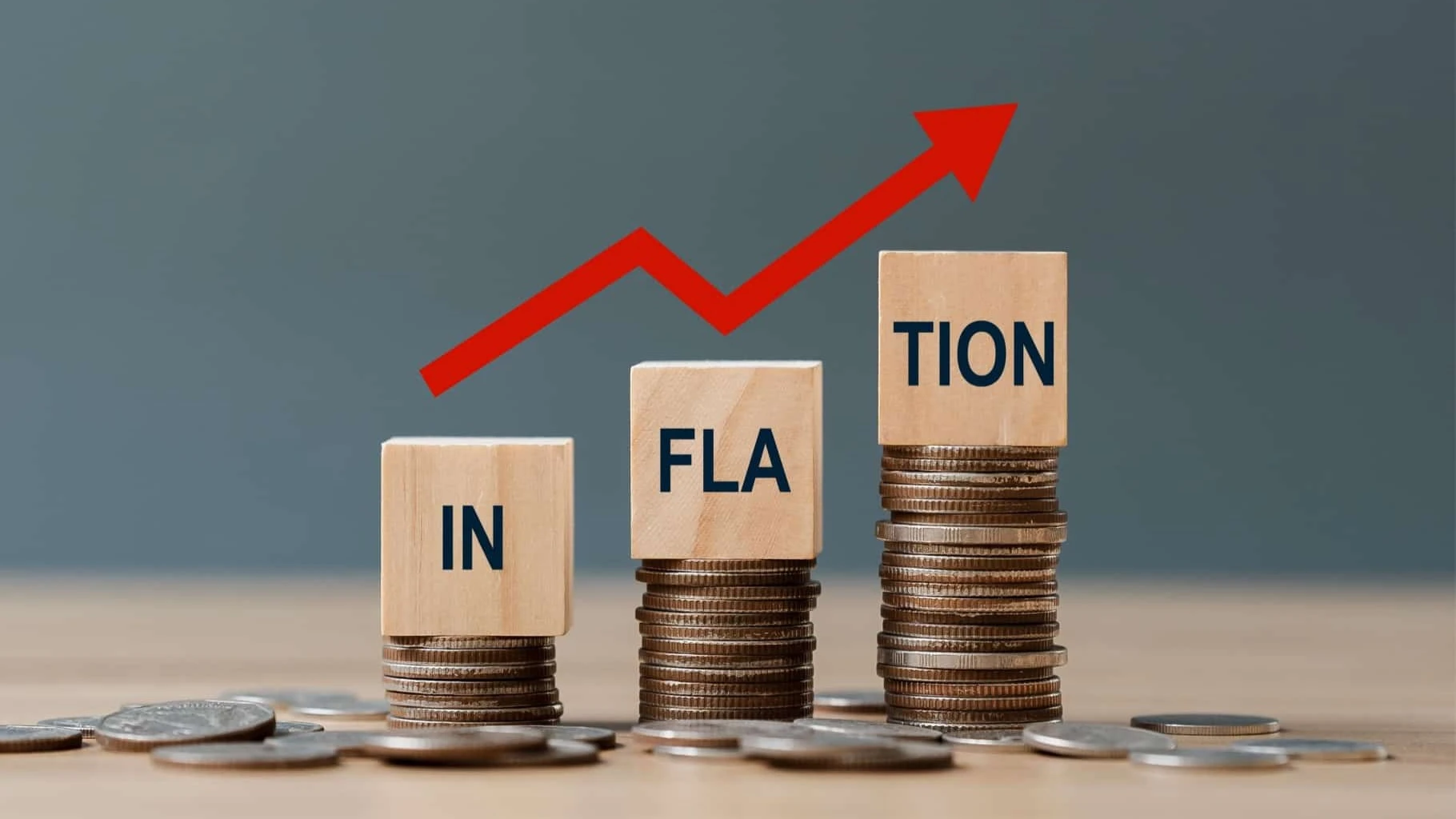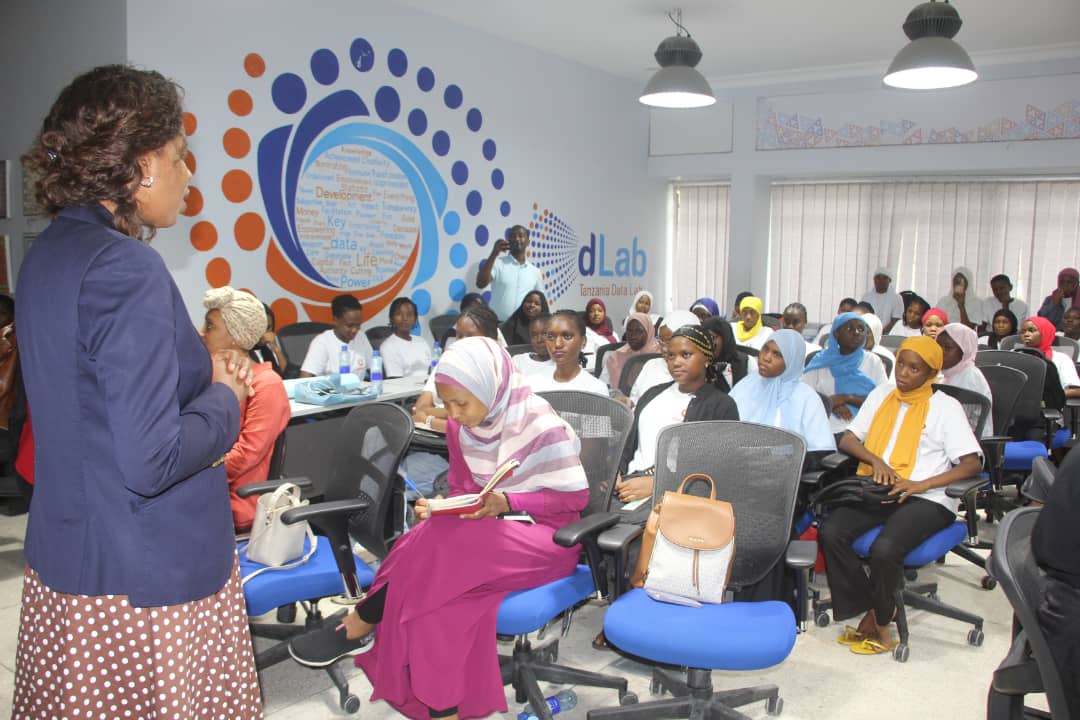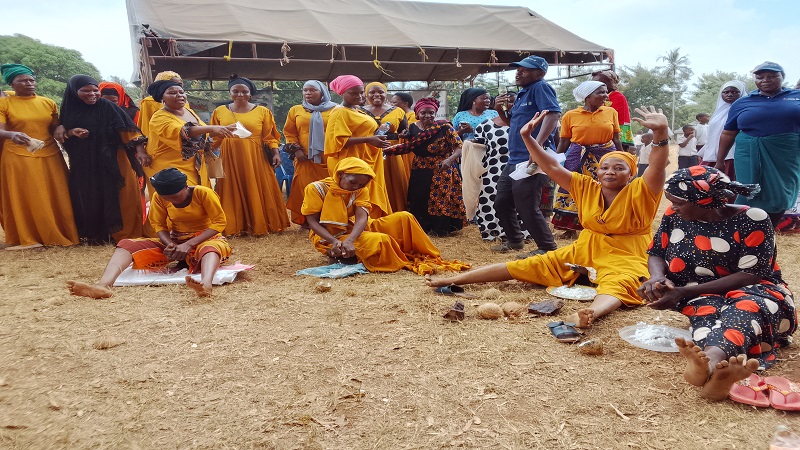Tax policies review needed to attain cleaner cooking strategy

STAKEHOLDERS in the energy sector are calling for the government to fast-track the review of its fiscal policies for ease of accessibility and affordability of clean cooking solutions that will fasten the realization of Sustainable Development Goal 7, on universal clean cooking sources.
Addressing the high-level policy dialogue themed: ‘Tax opportunities and challenges for clean cooking in Tanzania’, Fadhila Trisekwa, Senior Manager Tax Services PWC said that to align with the National Clean Cooking Strategy 2024/34 several tax and levies-related issues must be addressed to easier, access, affordability, convenience, and new technologies.
She said the vision of the strategy is for every Tanzanian to use clean cooking solutions to take care of their health, and environment and improve their livelihoods to reach 80 percent of the current country’s 61.7 million population by 2034.
She said the mission is to ensure accessibility of affordable, sustainable, safer, and easy-to-use cooking solutions. Clean energy is fuel and technologies that meet low levels of toxic emissions such as electricity, biogas, and natural gas in terms of liquefied petroleum gas (LPG), compressed natural gas (CNG) Bioethanol, and renewable energy sources.
Trisekwa said the rate of Tanzanians using clean cooking energy sources has been increasing at a rate of 1.5 percent in 2010 to 6.9 percent in 2021.
The goal to achieve 80 percent is quite ambitious calling for concerted efforts in achieving it in the space of ten years.
She said that one of the key drivers of energy sources by consumers is affordability and that’s where tax comes in as a tool in facilitating the realization of the strategy. According to her, tax has a direct impact on pricing.
“The other side of taxation is that when investors want to come in and invest they think of the business environment regarding business and tax policies. 63.5 percent of Tanzanians rely on firewood for cooking due to affordability,” said Trisekwa.
She argued that the current tax structure from the affordable clean cooking perspective there is a value-added tax (VAT) and excise duty.
“LPG and CNG are taxed 18 percent of VAT. The same applies to electricity and brickbats, solar, and wind panel consumers. These are key sources of clean energy that should be taxed and levies exempted. Incentives for clean cooking sources from customer perspective should be put in place,” she said.
According to her, stoves that use clean energy are subjected to 18 percent of VAT, and an import duty of 10 percent is subjected to importers of the stoves while those using petroleum fuels are taxed 25 percent.
Ethanol is subjected to the 18 percent VAT with an excise duty of 5,000/- per liter if locally manufactured and 7,000/- per liter if imported and an import duty of 35 percent.
“The excuse is that ethanol is used in factories for medicinal solutions which are aligned with several incentives. Ethanol should be produced locally to cater to the demand and tax obligations. The government has pledged to deduct levies by 26 percent,” said Trisekwa.
She said Uganda and Kenya are discouraging the use of solid fuels with up to 35 percent taxes as import duties exceeding the regional shared customs law of 25 percent. A multi-tier framework for clean cooking is of great importance.
“The tax enforcement instruments should treat investors fairly. The public and private sectors ought to invest in clean cooking energy sources projects,” she added.
As for her, reducing the cost of clean cooking energy by harmonizing taxes and levies is the best option. To achieve the strategy calls for preparing stakeholders' consultations on taxes and levies related to clean appliances.
Dr Remidius Ruhinduka, Assistant Commissioner in the Ministry of Finance said that when it comes to tax reforms LPG has been for years considered as an alternative source of cooking energy in the country. He admitted that more efforts are needed to facilitate local production of ethanol and importation by harmonizing the tax and levies.
According to him, the ministry will from October this year start organizing tax zonal dialogues where all the key players will have an opportunity to bring in tax reform proposals.
‘All the fiscal frustrations about clean cooking appliances, stoves, and infrastructure will be tabled to set a mutual common way forward. There will be a tax reform taskforce that will kick out in December with the role of reviewing all setbacks to impediments to the realization of the clean cooking agenda,” said Ruhinduka.
He asserted that the task force will feature representatives from all social groups, the private sector, ministries, and non-government organizations to have their input on what should be done about taxes so that the ten-year clean cooking strategy is achieved.
“Almost 1.6trn/- has been allocated in the current financial year to ensure electricity connectivity to the hamlets by the Rural Electrification Agency. Electricity connection is a key component in the shift to a clean cooking strategy,” said Ruhinduka.
Catherine Pye, Head of Climate Change of the British High Commission in Tanzania said that she is aware that the government targets 100 percent household connection to electricity by 2030. She said that less than three percent of Tanzanians use electricity in cooking which is translated to 4.7 million households.
“We commend Tanzania’s clean cooking strategy for being broad in bringing about this transition. We are suggesting a tax waiver on the VAT and import taxes on electric appliances. This is an important aspect of increasing the uptake of electricity consumption, especially for cooking,” said Pye.
She suggested that on the way forward the government should take into consideration solar panel subsidies and wind power generation tools so that people from low-income backgrounds can be part of the energy transition strategy.
Kelvin Shikonye, UNCDF Associate Investment Officer said that the Fund is implementing the CookFund program which is intended to support the adoption of clean cooking solutions by increasing affordability through the sublimation of clean cooking appliances.
He said the European Union-funded program targets an accelerating market for clean cooking solutions. The program is currently focused in five regions namely Dar es Salaam, the Coast, Morogoro, Dodoma, and Mwanza.
“The challenge that we are seeing in the market relates to affordability and accessibility. In that case, CooFund is allocating a huge chunk of funding to enterprises that are devoted at pushing for clean cooking solutions. 61 enterprises have been supported at the tune of 5bn/- to supply end users with affordable solutions,” said Shikonye.
Top Headlines
© 2025 IPPMEDIA.COM. ALL RIGHTS RESERVED











